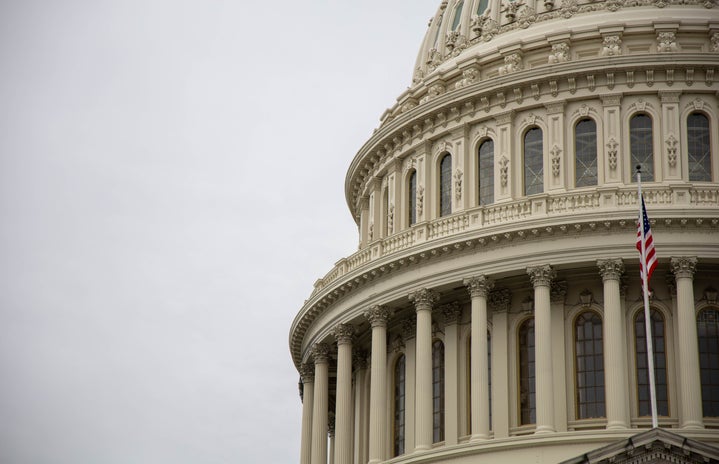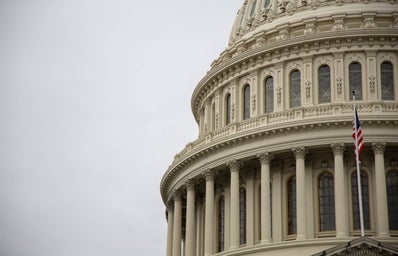On March 18 in a CNN Town Hall, Elizabeth Warren, democratic candidate for the 2020 presidential election, made the controversial statement, “Every vote matters, and the way we can make that happen is that we can have national voting and that means get rid of the Electoral College.” This observation by Senator Warren reignited the nationwide debate regarding the current system America uses to elect its president, leaving many people asking “is the Electoral College outdated?”
To understand this debate, you must first understand the Electoral College system. You may have touched on this subject in your high school civics class, but here’s a refresher: The Electoral College is made up of 538 “electors” who are nominated by the democratic and republican state parties every election season. These electors’ votes are supposed to go towards the candidate who received the most votes by citizens in their state. A majority of 270 national votes is required to be the next president of the United States. It is a pretty simple process to understand, but is it needed?
In this current system, a candidate can win the Electoral College but not the popular vote and still be elected as the President. This happened in the 2016 presidential election when Donald Trump received 304 electoral votes, but Hillary Clinton received almost 3 million more individual votes than him. Many people in the U.S. think this is unfair, and this leads some citizens to believe that their individual vote does not matter.
In order to win at the Electoral College, candidates usually spend most of their time campaigning in swing states like Florida, Iowa, and Virginia to win over that state’s electoral votes. This means that other states who aren’t so easily swayed get no face time with certain candidates. For example, Louisiana is a deeply red state with 8 electoral votes. A democratic candidate is not going to waste their time campaigning here because it is highly unlikely that the republican majority would vote democrat. This leaves people who identify with the opposite party than the majority of their state feeling powerless and like they have no voice.
If the U.S. had a popular vote system, candidates would have to campaign in all sorts of towns across the country in order to gain the majority vote. I think this would lead to more people voting and being engaged in the political system because they would feel like their vote actually mattered.
Abolishing the Electoral College is a pretty difficult task even though two-thirds of citizens in the U.S. are for it according to a poll from the Public Religion Research Institute. The 12th amendment of Constitution lays out the procedures of how a president and vice president are elected through the Electoral College. Changing this would mean passing a new constitutional amendment, which could take decades. Although, some states like Colorado and Washington have found a loophole around this issue. They passed a bill called the National Popular Vote State Compact. This state pact would simply guarantee that whichever candidate receives the popular vote in the U.S. will receive all of the state’s electoral votes no matter the popular vote in that individual state. For example, California is historically always a blue state, but if the majority of the country votes individually for the republican candidate to be president, then California would give their electoral votes to the republican candidate. Thirteen states have already enacted this into law, which adds up to 181 electoral votes.
With that being said, it seems like the Electoral College system as we know it may be gone by the 2020 presidential election. In a democracy, every single vote should count. We the people have the power of our votes to hold over candidates, but it is hard to feel powerful when the system strips that power away from some of us. With a popular vote system, every voter in the country will be heard.



